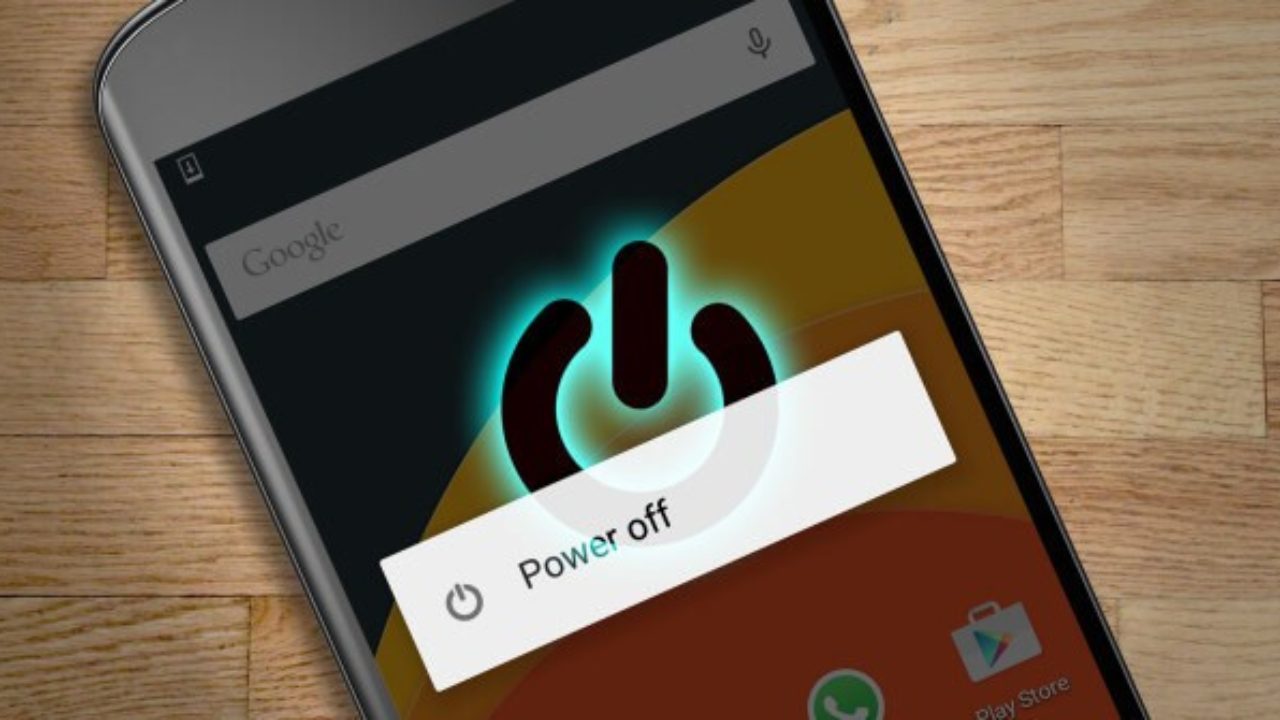Spending time together is one of the greatest gifts families can give to one another. Not only does quality time strengthen and build family bonds, but it also provides a sense of belonging and security for everyone in the family.
During this Movement Control Order (MCO), everyone should remain at home and not be allowed to leave except for certain important matters. Luckily to those who can spend time with family members who have long been looking forward to spending time together.
We have been in MCO for 3 weeks due to the Covid-19 outbreaks. Most family members are only at home to do their own activities. The father as the head of the family is busy ensuring that all the daily needs of the family are adequate. Mothers are busy cooking, making sure the house is neat and clean for the comfort of the children. However, the kids are busy with their own gadgets without regard for their surroundings.
Especially teenagers spend more time with their screen than involve with family time.
Too Much Screen Time for Teens Is the Norm

The majority of screen hours are spent “media multitasking,” meaning teens are using more than one medium at a time like watching TV and scrolling through social media simultaneously
Without adult guidance, most teenagers would spend almost all of their waking hours behind a screen. Whether they’re texting on their smartphones, or they’re watching videos on their laptops, their electronics use can easily get out of control. If your child says “everyone is doing it,” he may be correct. But that doesn’t mean there aren’t serious consequences. Let’s look at strategies you can use to limit your teen’s screen time and how it can benefit your whole family
Too much screen time has been linked to a variety of problems. Excessive electronic use raises the risk of obesity, interferes with social activities and family time, and takes a toll on a teen’s mental health.
What Strategies Have Helped Other Parents Implement and Enforce These Rules?
1. Make Screen Time a Privilege
Make it clear that screen time is a privilege that needs to be earned. At first, this may be difficult. But the lessons from learning to delay the gratification of screen time and control her impulses will stay with your child for a long time.
2. Role Model Healthy Habits
Telling your teen to shut off his electronics while you’re sitting in front of the TV isn’t likely to be effective. Teens will learn more from what you do than what you say.
Let your child see you make the choice between looking something up on Google or checking the score of a game. Show her how you have learned treat media as a privilege
3. Discourage Multitasking
Most teens think they’re pretty good at multitasking. They try to text message while doing their homework or use social media while talking on the phone. If your child has a phone, you’re probably all too familiar with their justifications for doing so.
Discourage your teen from doing two things at once and discuss how multitasking actually interferes with productivity.
4. Schedule Family Activities That Don’t Involve Electronics
Involve everyone in activities that don’t involve electronics. Whether you play a board game or go for a family hike, make it clear that during your time together there won’t be any electronic use.
5. Don’t Allow Electronics During Mealtimes
Shut off your TV during mealtimes and don’t allow text messaging or web surfing while you’re eating. Instead, use the opportunity to talk about your day. You may be hearing more and more about how family dinners can make kid’s lives better. Don’t let screens cheat your family out of this priceless time.
6. Encourage Physical Activity
Encourage your teen to get some exercise. Going for a walk, playing a game of catch, or even doing some yard work can ensure your teen will get the physical activity she needs. Think of activities you can enjoy as a family so it seems less like exercising.
In conclusion, limit screen time and encourage more creative activities. Enjoy your day at home with your lovely family as well.
- Communicate with parents and siblings
- Socialize with friends
- Read books
- Be creative (cooking, sewing, drawing)
- Play game with family
- Do homework
- Carry out family chores
- Get enough rest




